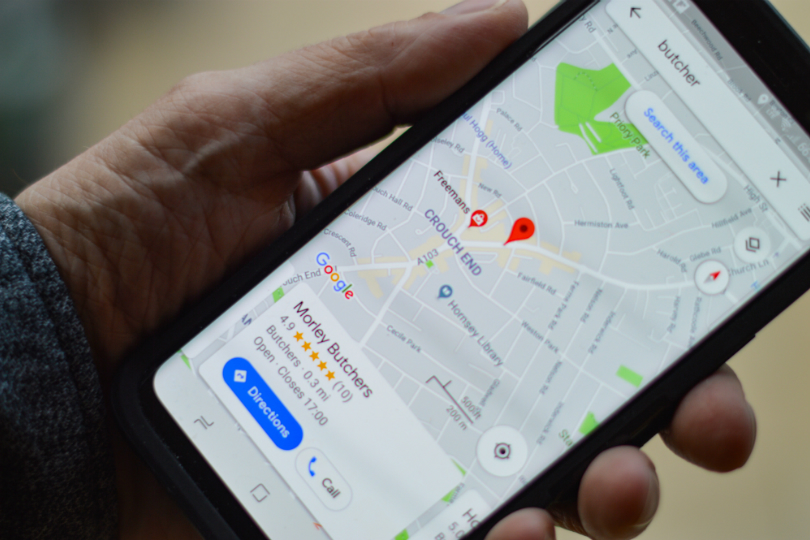There’s no denying that businesses should pay attention to their SEO efforts. Without SEO, getting discovered by potential customers becomes fairly difficult. In 2019 alone, Google was responsible for 75% of global desktop search traffic. The vast majority of your potential customers begin the searches on Google, and if your website isn’t optimized, you could lose those customers to competitors.

However, choosing the right SEO agency takes time and research. With the proliferation of search engines, SEO has become a buzzword used casually—even when it’s not entirely understood. Although there are hundreds of choices out there, your business should consider working with a local agency on local SEO. Here’s why:
Local SEO Is Important
As a local business, you should understand the importance of local SEO vs. standard SEO (though both are very important). Local SEO is the process of promoting and optimizing your business to appeal to local customers. This is especially important for brick and mortar retailers. After all, according to Google, nearly half of all searches are conducted with “local intent.”
This means a user might search for something like “Dentists nyc” or “best chinese food chicago.” When searches like these are conducted, Google understands that the user is expecting results based on location. As such, there are specific methods used with local SEO that differ from traditional SEO, such as Google My Business.
Local Businesses Understand Your Challenges
Local companies may be more inclined to understand the nuances of local SEO because they’ve spearheaded their own local campaigns, and it’s important for them, too. For example, if you’ve recently opened up a coffee shop in Manhattan, you might want to hire a local SEO agency in NYC. Furthermore, working with a local business allows you to meet with an agency in person, and this face-to-face communication can help build strong working relationships.
Local SEO vs. Organic SEO
As previously mentioned, there are some key differences between local SEO and traditional SEO. Organic, or traditional SEO, focuses on areas like on-page optimization. Local SEO emphasizes off-site reputation. This might include directory listings, citations, building backlinks, and managing review platforms (reputation management). Organic search focuses on delivering information to the searcher, rather than a specific location.
Although they have some notable differences, a full campaign integrates both for the most effective results.

Reaching Customers Right Away
A comScore study found that 80% of searches conducted on mobile devices resulted in purchases, most of which were made within a three-hour window. Any time a customer searches for something locally, it’s because they have a goal in mind and are looking to take action. Because of this, it’s more important than ever to hone in one the benefits of local search, allowing you to reach customers when they need you.
The more optimized your business is for local search, the more likely they are to continue on the buyer journey.
Leveraging Foot Traffic
It’s clear that local customers are looking to take actions when they conduct local searches. In most cases, businesses cannot simply rely on a great location to convert foot traffic—instead, you need to create foot traffic of your own. According to research conducted by Access, 92% of local consumers will travel 20 minutes or less simply to purchase their daily essentials.
When you optimize your site for local search, you’re able to generate targeted traffic in ways you may not have been able to do otherwise.
Google My Business
Google My Business is one of the most effective tools for local SEO, and it’s a simple way to manage your online presence. This tool allows you to “claim” your business and verify it with Google. Once you’ve confirmed your business ownership (via a letter sent to your store address), you’ll appear in Google’s card-based search results. These “cards” detail important company information directly in the search engine, including the phone number, website, business, hours, address, and more. This eliminates the need for the user to have to navigate to your website to find those details.
The less steps a potential customer has to take, the more likely that are to take action.




